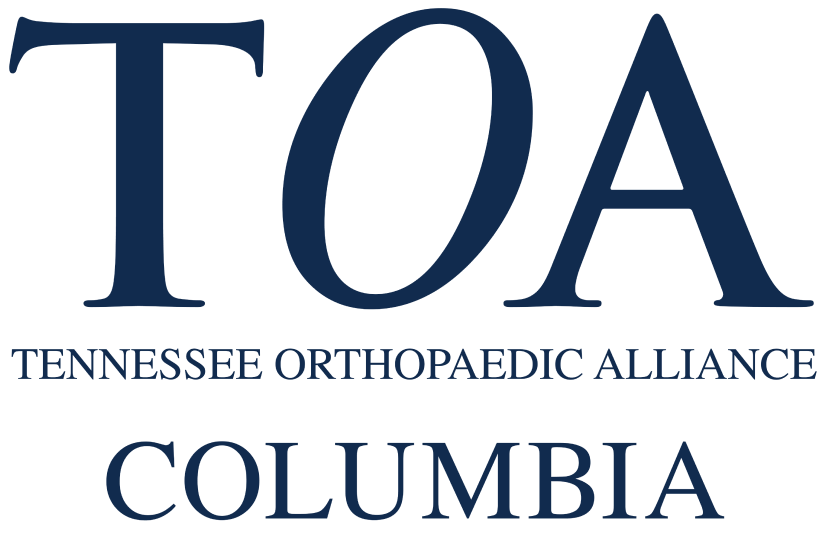Spine Pain Treatment
Columbia, TN
Aiming to relieve pain and get you back up and moving.
Pain Relief from Chronic Back Pain May be Closer Than You Think
The spine is our crucial support system — it keeps us upright and mobile, acting as a central command for how your entire body communicates. So, when back pain occurs or turns into chronic pain that other treatments or over-the-counter medication can’t help with, it’s important to address it quickly.
The unfortunate truth is that most adults will experience low back pain or neck pain in their lifetime. In the majority of cases, this is acute back pain that is self-limiting and resolves with conservative treatment. In some cases, physical therapy, transcutaneous electrical nerve stimulation, and treatments to block pain signals may be options. For others, surgery is the best for gaining pain relief or increased mobility. For example, some conditions that produce a pinched nerve or a narrowing of the spinal canal may require surgery.
At TOA Columbia, our surgeons routinely employ a variety of procedures to suit each patient, including decompression, fusion, and disc replacement. Whether you have chronic low back pain, muscle tension, or anything else where back pain persists, we search for the underlying cause and work to ease pain.

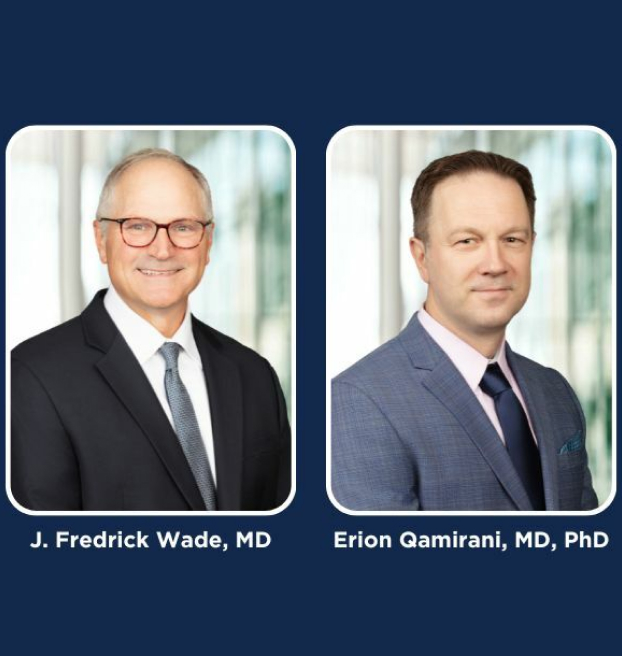
Meet Our Spine Specialists
Dr. Freddie Wade and Dr. Erion Qamirani are the spine specialists at TOA Columbia. Back and spine pain can be complex and can originate from any number of sources: specific injury, gradual wear and tear, or a degenerative condition such as arthritis. Our physicians have the training and experience to properly identify the root cause of your pain and work with you on a diagnosis and treatment plan. Together, they have over fifty years of experience in spinal surgery and treatments. For any type of back pain that may affect you, we have the doctors to help.
Our physicians generally maintain a conservative approach to surgery, especially concerning matters of the spine and back. As sub-optimal treatment may make pain worse, we’re dedicated to finding the root cause of your back pain and addressing the cause, rather than just the symptoms with no more than pain relievers.
Our most frequent non-operational approach to back pain is exercise and physical therapy. A walking program can also provide some pain relief, usually combined with some type of anti-inflammatory medication or muscle relaxants. Other options include epidural shots or nerve block injections. Your doctor will review your personal medical history and your symptoms to determine which of these methods is best for you and your particular situation.
Common Spine Conditions
Following are a few of the spine conditions that our physicians treat. Click to read more about the causes of these conditions and how they’re treated. For information on additional back and neck disorders, please visit the American Academy of Orthopaedic Surgeons at http://orthoinfo.aaos.org/menus/spine.cfm
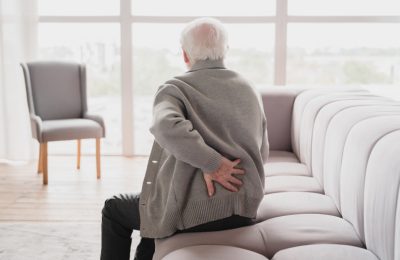
Degenerative disc disease
Degenerative Disc Disease is a weakening of one or more vertebral discs, which act as a cushion between the vertebrae. This condition can develop as a natural part of the aging process, but it may also result from injury to the back. Treatment approaches include physical therapy to strengthen surrounding muscles, pain management techniques, medications, and, in severe cases, surgical intervention to address disc issues.

Sciatica
Sciatica involves pain that radiates along the sciatic nerve, typically caused by compression or irritation of nerve roots. Treatment options include physical therapy to alleviate pressure on the nerve, pain medications, exercise routines, and, in some cases, surgery to address underlying causes of compression.

Herniated disc
A herniated disc is when the inside of a spinal disc protrudes beyond its outer layer. Conservative treatments like rest, physical therapy, and medications are often effective. However, surgery may be considered for severe cases where non-invasive measures don't provide relief.
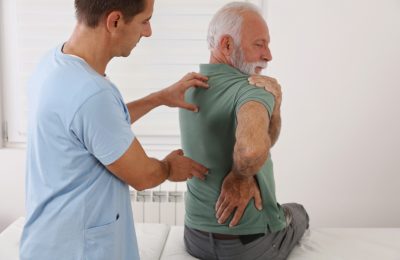
Spinal stenosis
The spine consists of openings that serve as pathways for the spinal cord and nerves. Spinal stenosis occurs when these spaces narrow or experience intrusion, leading to compression of the nerves. This condition typically impacts the cervical and lumbar regions of the spine. Treatment may involve physical therapy, anti-inflammatory medications, pain management, and, in cases of severe narrowing, surgical procedures to alleviate pressure.

Pinched nerves
Pinched nerves result from the compression of nerves, causing pain, tingling, or weakness. Treatment includes rest, physical therapy to relieve compression, pain medications, and, in persistent cases, surgery to address the underlying cause of nerve compression.
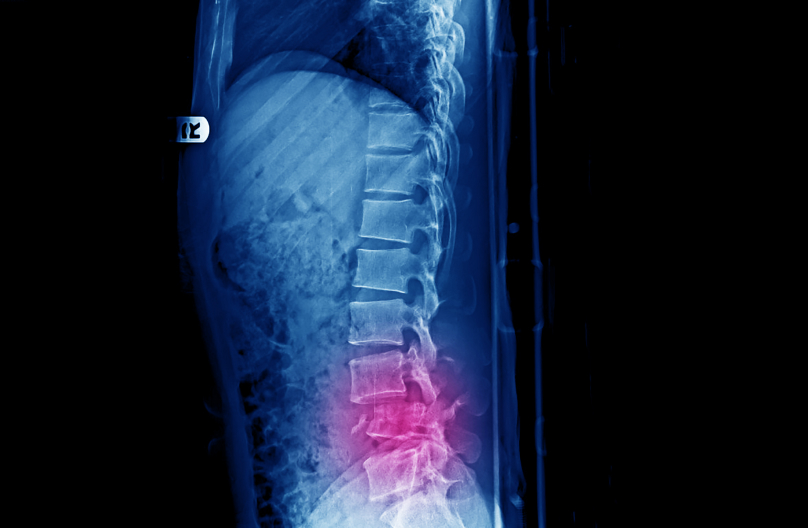
Cauda Equina Syndrome
Cauda equina syndrome is a rare, serious condition where the nerve bundle at the base of the spine is compressed. Your physician will discuss operative and non-operative options to relieve pressure promptly and prevent permanent damage to the nerves.
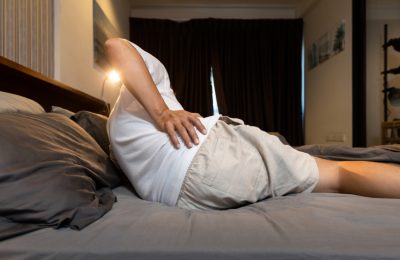
Low back pain
Low back pain can stem from various causes such as poor posture and is managed based on the underlying issue. Treatment options may include exercise, physical therapy, pain management strategies and, in certain instances, surgical interventions.

Neck pain
Neck pain is often due to strained back muscles, poor posture, or underlying spinal issues, and can be managed through physical therapy, pain management techniques, and, if necessary, surgical interventions for severe cases.

Spondylolysis and Spondylolisthesis
These conditions involve defects or displacement of vertebrae. Conservative treatments like bracing and physical therapy are commonly used. In more severe instances, surgery may be considered to address the structural issues in the spine.
Common Treatments for Spine Pain
Back pain and spinal cord pain can significantly impact your daily life, limiting mobility and causing discomfort. In the quest for relief, understanding common treatments for spine pain becomes essential. Whether your back pain is due to broken bones, weak back and abdominal muscles, or herniated disks, we offer many pain treatment options to treat chronic and acute pain.
Caudal Epidural Steroid Injection
A Caudal Epidural Steroid Injection is an injection of a steroid-anesthetic medication through an opening in the sacrum (a large, triangular bone at the base of the spine). The medication can reduce swelling and inflammation of irritated spinal nerves. The injection takes only a few minutes to complete and is typically done as an outpatient procedure.
Lumbar Transforaminal Epidural Steroid Injection
A Lumbar Transforaminal Epidural Steroid Injection is an injection of a steroid-anesthetic medication, typically done as an outpatient procedure. The medication can reduce swelling and inflammation of irritated spinal nerves. This procedure is performed to relieve pain in the lower back and pain that radiates from the back to the legs. The injection takes only a few minutes to complete.

How TOA Columbia Can Help You
Your spinal cord is one of the most essential parts of your body, so it pays to look after it. At TOA Columbia, we see just how much of a role acute and chronic back pain can play in your life, and we understand how badly you want to get back on track. When those pain signals are talking to you, pass them on to us! Whether you may benefit from transcutaneous electrical nerve stimulation, seeing a physical therapist, or addressing problems with your soft tissues, our team is here to help.
Chronic Back Pain Treatment Could be Just a Click Away
When you’re searching for back pain relief due to chronic back pain, sometimes nonsteroidal anti-inflammatory drugs just can’t lessen pain enough to get you back up and about. From non-invasive methods to advanced surgical interventions, our comprehensive treatments are tailored to provide personalized care, ensuring you find the most effective solution for your unique condition.
At TOA Columbia, we’re the backbone of your orthopedic needs. We offer a wide range of services and specialize in all areas of the body, including where it all branches out from— the spine. To address your chronic back pain and start on the path toward relief, make your appointment today.
